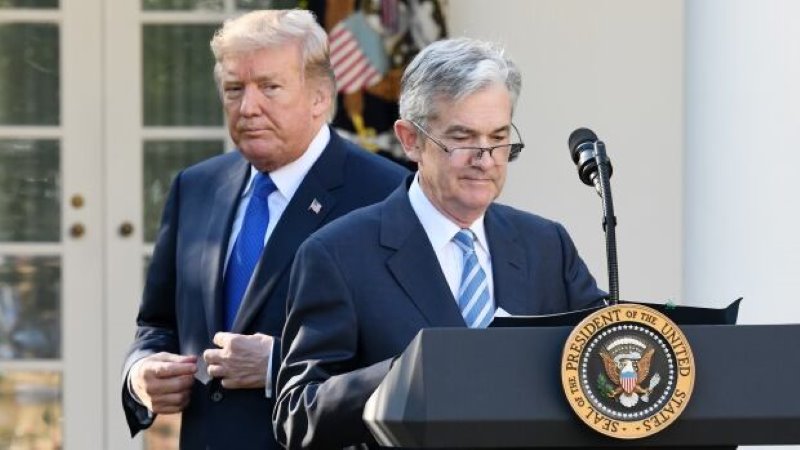Politics
Trump Launches Strategic Middle East Tour to Secure Investments
Donald Trump Middle East tour with confirmed visits to Saudi Arabia, the United Arab Emirates, and Qatar. The White House announced the trip will take place from May 13 to 16, with a focus on securing major investments in the U.S. economy.
Economic priorities over protocol
Although this was initially expected to be Trump’s first international trip of his second term, he adjusted his schedule to attend Pope Francis’s funeral. The tour will not include additional stops, despite earlier considerations to expand the itinerary.
Focus on key financial agreements
Trump will use the tour to highlight his international economic strategy, particularly the strengthening of financial alliances. He has cited these partnerships as foundational to his protectionist trade policies and push for domestic manufacturing.
Saudi Arabia leads with historic investment
Riyadh has pledged to invest $1 trillion in the U.S. economy. This financial commitment aims to boost cooperation in strategic sectors such as energy, defense, and infrastructure.

Can Trump Dismiss Powell? The President’s Limits in Influencing the Federal Reserve
Can Trump dismiss Powell: Donald Trump has resumed his attacks on the Federal Reserve, renewing…
UAE and Qatar target technology sectors
The United Arab Emirates plans to invest up to $1.4 trillion over the next decade, contingent on access to advanced technologies—especially in semiconductors and artificial intelligence. Qatar is also expected to contribute investments focused on technology and logistics.
Economic partnerships with geopolitical impact
The tour underscores strengthening economic ties, driving regional impact and fostering mutual interests. Moreover, leaders plan to negotiate advancements in defense collaboration. They will also prioritize technological innovation and explore direct access to strategic global markets. Consequently, these efforts aim to enhance regional stability and long-term economic growth.
Security coordination with Israel
The visit follows a conversation between Trump and Israeli Prime Minister Benjamin Netanyahu. The dialogue focused on regional security, emphasizing the U.S. role as a stabilizing force in the Middle East.


